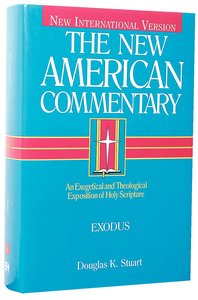
Tenth Sign: Ninth Plague: Darkness (10:21–29)
To appreciate fully this plague account, one must understand how ominously darkness threatened ancient people. We travel easily at night with the aid of various forms of electric lighting; they were virtually immobilized by the darkness of nighttime unless the night was cloudless and the moon relatively full. Although some ancient professional caravaneers could travel partly at night, they were able to do so mainly at times other than the dark of the moon but only because their animals could see better at night than they could and especially because they traveled on well-defined, well-remembered paths. Straying from those paths in darkness could be fatal. We can be active at night because our homes and places of work can be cheaply illumined; they closed up their cities at night,177 barred their courtyard gates, and locked their house doors. People abroad in the nighttime were assumed to be criminals and, typically, in fact were. We feel relatively safe during the night, even away from home, with various means of communication to call for help readily available; they were at the mercy of common thieves and bandits when away from home at night,179 and unless well-armed and in large groups, they were easy prey for those who used the nighttime as cover for evil. They understood that the darkness was essentially chaotic, a kind of enemy of the safe and the good; we may think of it as just another phase of the day.181 They considered confinement in darkness a grave punishment from God, even a sort of sometimes purposeful force183 and associated it with death; we don’t think much about it at all.
Even so, were we in our day to have three days without light (v. 23), widespread panic would ensue. Everyone would realize that the natural order had been overturned and that a basic fact of life on the planet had been removed. Long before the three days were up, people would begin to understand the consequences: “If this keeps up, there will be no food because plants need sunlight to live; all animals will die because the food chain requires plants; we will die because everything we live on will be gone.” Deep, total darkness of the sort God imposed on the Egyptians (v. 21) would also cause sensory deprivation, leading to disorientation and psychological distress. More than just those people inclined to light-deprivation depression would be severely depressed by the third day. A sense of doom would pervade all minds.
Stuart, D. K. (2006). Exodus (Vol. 2, pp. 255–256). Nashville: Broadman & Holman Publishers.

Comments